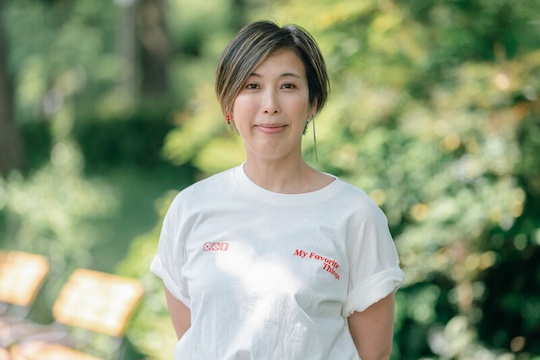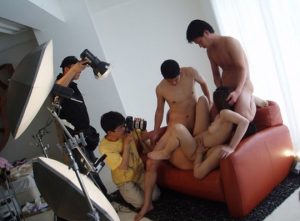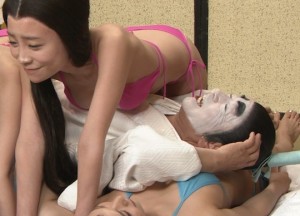An interview with an intimacy coordinator in Japan
In the age of #MeToo, the job of the intimacy coordinator in film and television has risen to prominence in the West.
What about Japan? With the recent scandals over the likes of directors Sion Sono and Hideo Sakaki, documentary filmmaker Yu Kaneko, and actor Houka Kinoshita, concern over sexual predators and harassment is higher than ever (albeit much more belated than in the United States and Europe).
Intimacy coordinators do exist, though are a rare species indeed. Gendai Media recently published a two-part interview with Momoko Nishiyama, one of only two professional intimacy coordinators working in the industry, where no official intimacy guidelines as yet exist.

As she points out, a major difference between Japan and other countries is that scripts have relatively few stage directions. Whereas an English screenplay reads in places like a novel, describing an action, look, or even a mood, a Japanese script is generally more minimal. This is the same for sex scenes.
It requires the coordinator to do the legwork of checking with the actors and director about the exact nature of, say, a kiss.
“My job in Japan becomes with creating an environment where people can say no to doing things.”
Nishiyama, who has been certified and working as an intimacy coordinator since 2020, notes that the role of the intimacy coordinator is still in its infancy in Japan and demand for the role is increasing only very slowly. “It’s currently impossible to get by financially just from working as an intimacy coordinator,” she remarks with candor.
Another factor in this is that shooting schedules are decided very suddenly and it then becomes difficult to include adequate time for an intimacy coordinator to do their work, even if there is the budget to pay for one.
In Japan, rates are generally low for people in the industry (even big stars are not paid as much as you would think — they, or rather their agencies, make their yen from fronting advertising campaigns). In the United States, working hours for intimacy coordinators are predetermined, with special rates for when going over eight hours. Nishiyama bemoans how she may not get paid for months after a job is finished — and gets ignored if she chases up a late payment.
In general, the industry is less protected than the US. There is no industry-wide labor union nor guidelines for working conditions.
Nishiyama also notes that though sexual harassment and #MeToo is a big topic in the mainstream and social media, it is less so actually for the day-to-day workings of the industry, where things are carrying on as usual. Only a few directors and so on are taking it seriously, such as by undergoing training and lectures on harassment.
Working conditions are very severe and pay is low in Japan. People don’t have the leeway, she explains, to think about such societal issues when they are working such long hours. What’s needed first is better-protected labor conditions for cast and crew in the industry.














